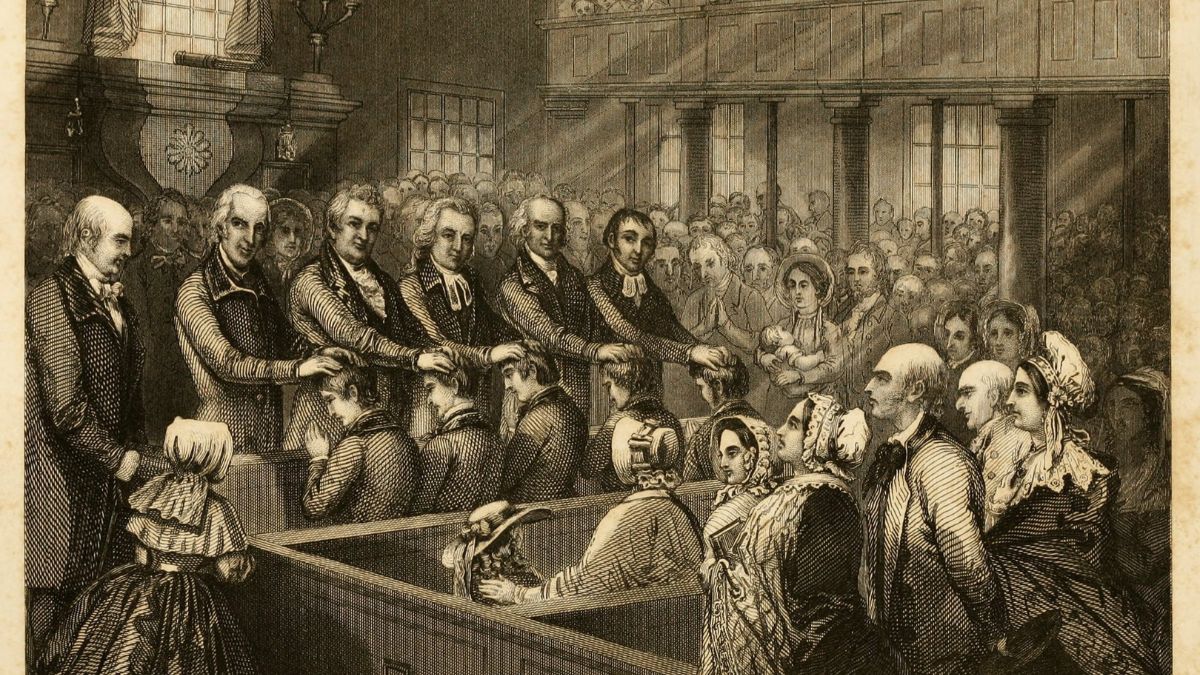Kalidasa (Classical Sanskrit Literature)
Kalidasa (Classical Sanskrit Literature)
Religion and Missionaries: The Role of Faith in Colonialism: Investigating how religion and missionary work were used as tools of colonization.

Religion and Missionaries: The Role of Faith in Colonialism: Investigating how religion and missionary work were used as tools of colonization.
In the annals of history, the intertwining of religion and colonialism has painted a panorama that is as complex as it is captivating. The saga of how faith and missionary work were wielded as instruments of colonization is not just a tale of conquest and conversion; it is a narrative that evokes awe for its profound impact on the destinies of nations and the spiritual journeys of countless souls. This exploration delves into the multifaceted role of religion in the grand design of colonialism, revealing the layers of intrigue, benevolence, and ambition that have shaped the modern world.
The dawn of the colonial era brought with it the ships and swords of explorers, but alongside these symbols of conquest sailed the cross and the Quran, harbingers of spiritual quests that were to intertwine indelibly with the material ambitions of empires. The missionaries, armed with an unshakeable faith and a mandate to spread their religious beliefs, ventured into lands unknown, their spirits alight with the divine fire of their convictions. Their mission was twofold: to save souls and to serve as the vanguard of cultural assimilation, a soft power that often paved the way for the hard power of military and economic dominion to follow.
As the footprints of missionaries spread across continents, from the lush landscapes of Africa to the vast expanses of the Americas and the enigmatic cultures of Asia, they embarked on a journey that was as much about discovering new souls for salvation as it was about establishing the cultural hegemony of their colonial masters. The cross and the crescent, symbols of faith, became tools in the grand strategy of colonialism, facilitating encounters that were as much about spiritual conquest as they were about territorial acquisition.
The role of religion in colonialism was a double-edged sword. On one hand, it brought about significant social and educational reforms in the colonized territories. Missionaries established schools, hospitals, and churches, bringing modern education and healthcare to regions where such amenities were often scarce. They were the harbingers of literacy and learning, leaving behind a legacy of enlightenment that, in many cases, outlived the empires that had spawned their journeys.
Yet, the awe with which one regards these achievements is tempered by the recognition of the darker facets of this religious odyssey. The same faith that inspired acts of immense charity and benevolence also justified subjugation and cultural erasure. Indigenous beliefs and practices were often dismissed as pagan or barbaric, and the zeal to convert frequently morphed into a zeal to control. The narrative of salvation was, at times, a veneer for the narrative of supremacy, with the spiritual salvation of the colonized becoming entwined with their subjugation and exploitation.
The legacy of religion in colonialism is a tapestry of light and shadow, a story of how faith can both uplift and undo, liberate and enchain. It is a testament to the power of belief to cross oceans, to reshape destinies, and to alter the course of history. As we stand in awe of the monumental impact of this saga, we are reminded of the dual nature of human endeavors, where the noblest of intentions can interweave with the complex realities of power and prejudice.
In this narrative of religion and colonialism, we find a mirror reflecting the multifaceted nature of humanity itself. It is a story that evokes awe not just for the scale of its impact, but for the depth of its contradictions, a reminder that in the heart of every conquest, whether of lands or souls, lies a quest that is profoundly human.